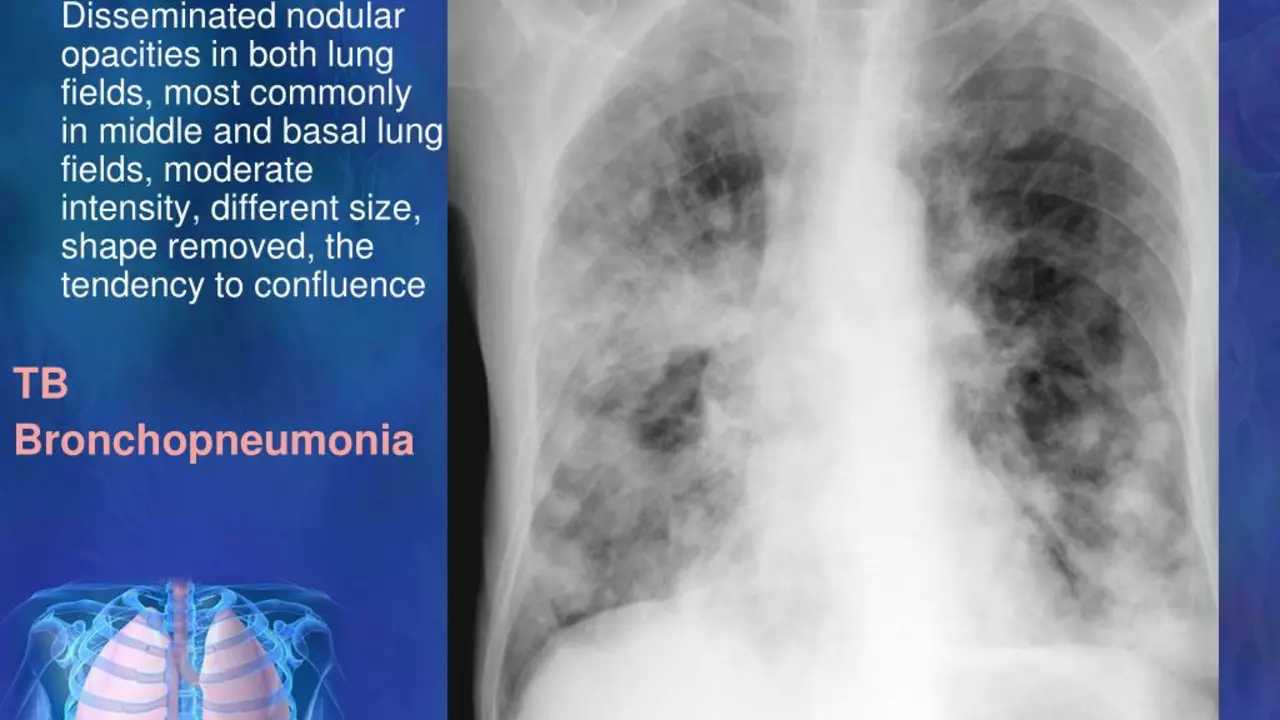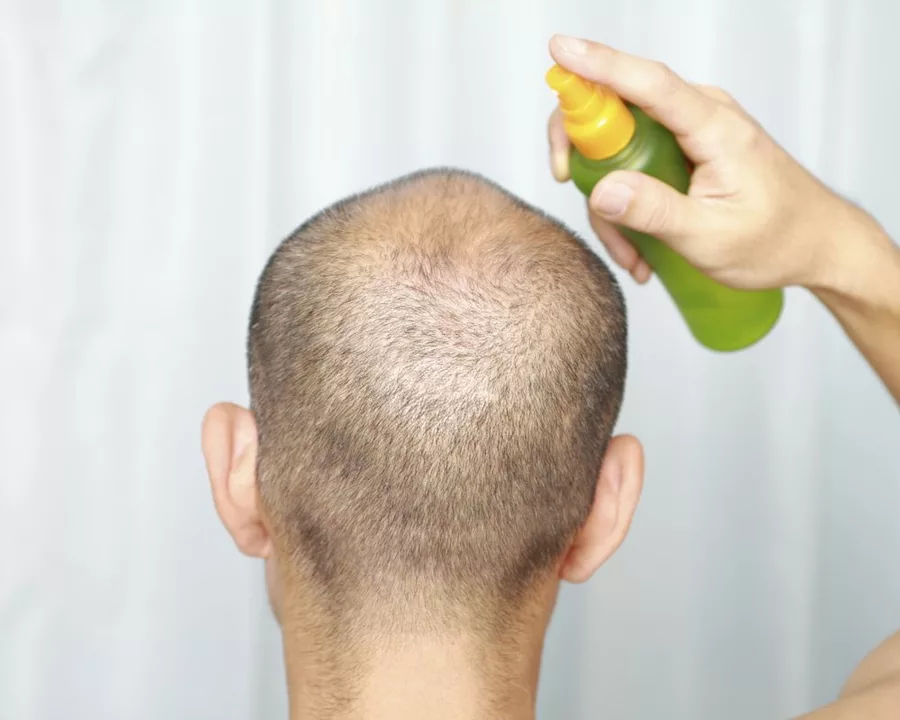Prevention Tips for Safer Medication Use
If you’ve ever wondered whether the pills you order online are real, you’re not alone. Getting medication wrong can hurt you fast, but a few simple habits can cut the risk dramatically. Below is a no‑fluff guide that shows exactly what to look for and how to act before a problem pops up.
How to Spot Fake Medications
The first red flag is price. If a brand‑name drug costs half of what pharmacies list, pause. Counterfeit sellers often lure buyers with rock‑bottom prices that sound too good to be true. Next, check the packaging. Real pills have clear imprint codes, uniform coloring, and a clean seal. Anything blurry, misspelled, or missing batch numbers is a warning sign.
Second, verify the source. Reputable online pharmacies display a valid license number, a physical address, and a pharmacist’s contact details. A quick Google search of that license usually shows whether regulators have flagged the site. If you can’t find any credentials, move on.
Finally, trust your senses when the meds arrive. Look for odd smells, powdery residues, or tablets that crumble instantly. Those clues often mean the product was diluted or replaced with filler.
Safe Online Pharmacy Practices
Start by using well‑known platforms that partner with licensed pharmacies. Sites like GoodRx, known pharmacy chains, and certified telehealth services usually have stricter verification processes. When you sign up, keep your prescription handy—legitimate sites will ask for a doctor’s note before shipping.
Second, protect your personal data. Only enter payment info on pages with HTTPS (look for the lock icon). Avoid sending scans of IDs or insurance cards unless the site is clearly secure and asks for it as part of verification.
Third, read reviews, but do it wisely. Look for detailed experiences that mention delivery times, customer service responses, and product authenticity. Generic five‑star comments without specifics often come from fake review farms.
Beyond buying, prevention includes proper storage. Keep meds in a dry place away from sunlight; moisture can break down active ingredients. Dispose of leftovers safely—many pharmacies offer take‑back programs that stop old pills from ending up on the street.
If you suspect a counterfeit drug, report it immediately. In Australia, the TGA (Therapeutic Goods Administration) has an online portal; in the US, the FDA’s MedWatch system does the same. Quick reports help regulators pull bad batches before they spread.
Remember, prevention is a habit, not a one‑time check. By combining price awareness, source verification, and smart storage, you dramatically lower the chance of a medication mishap.
Got a story about a close call or a tip that saved you money? Share it in the comments—your experience could be the next lifesaver for someone else.

The Role of Vaccination in Preventing Pulmonary Tuberculosis
- Jul, 1 2023
- 13
In my latest research, I delved into the significant role of vaccination in preventing pulmonary tuberculosis. I found that the BCG vaccine, particularly administered at birth, plays a crucial part in providing protection against severe forms of Tuberculosis in children. Interestingly, its effectiveness in adults is a bit variable, yet it's still a key player in TB prevention. I also learned about the ongoing development of new vaccines, which aims to provide a more consistent and effective response against all forms of TB. This highlights the importance of global efforts in enhancing TB vaccination strategies to combat this deadly disease.

The Connection Between Legionnaire's Disease and Swimming Pools
- Jun, 18 2023
- 8
As a blogger, I recently looked into the connection between Legionnaire's Disease and swimming pools. I discovered that this potentially life-threatening respiratory illness is caused by the Legionella bacteria, which can be found in warm water systems like hot tubs and swimming pools. While the risk of contracting this disease from a properly maintained pool is low, it's crucial for pool operators to maintain strict hygiene and water treatment practices. I also learned that people with weakened immune systems, the elderly, and heavy smokers are more susceptible to Legionnaire's Disease. In conclusion, it's essential to be aware of the risks and ensure proper pool maintenance to prevent the spread of Legionella bacteria.

How to Combat Seasonal Hair Loss and Alopecia
- May, 17 2023
- 15
As a blogger, I've come across various ways to combat seasonal hair loss and alopecia. From personal experience, I can tell you that maintaining a healthy diet, managing stress levels, and using gentle hair care products can work wonders. Additionally, natural remedies such as essential oils and scalp massages can improve blood circulation, promoting hair growth. Lastly, don't forget to consult a doctor if you suspect any underlying health concerns, as early intervention is key to treating hair loss effectively.
Categories
- Health and Medicine (64)
- Health and Wellness (57)
- Medicine (37)
- Women's Health (11)
- Mental Health (9)
- Men's Health (7)
- Beauty and Wellness (4)
- Health Information (4)
Archives
- February 2026 (10)
- January 2026 (25)
- December 2025 (28)
- November 2025 (25)
- October 2025 (27)
- September 2025 (14)
- August 2025 (3)
- July 2025 (2)
- June 2025 (2)
- May 2025 (3)
- April 2025 (4)
- March 2025 (4)
- online pharmacy
- medication safety
- dietary supplement
- health benefits
- dietary supplements
- generic drugs
- prevention
- fertility
- online pharmacy Australia
- side effects
- QT prolongation
- medication side effects
- diabetes medications
- GLP-1 agonists
- nocebo effect
- brand vs generic
- treatment
- treatment options
- benefits
- connection
